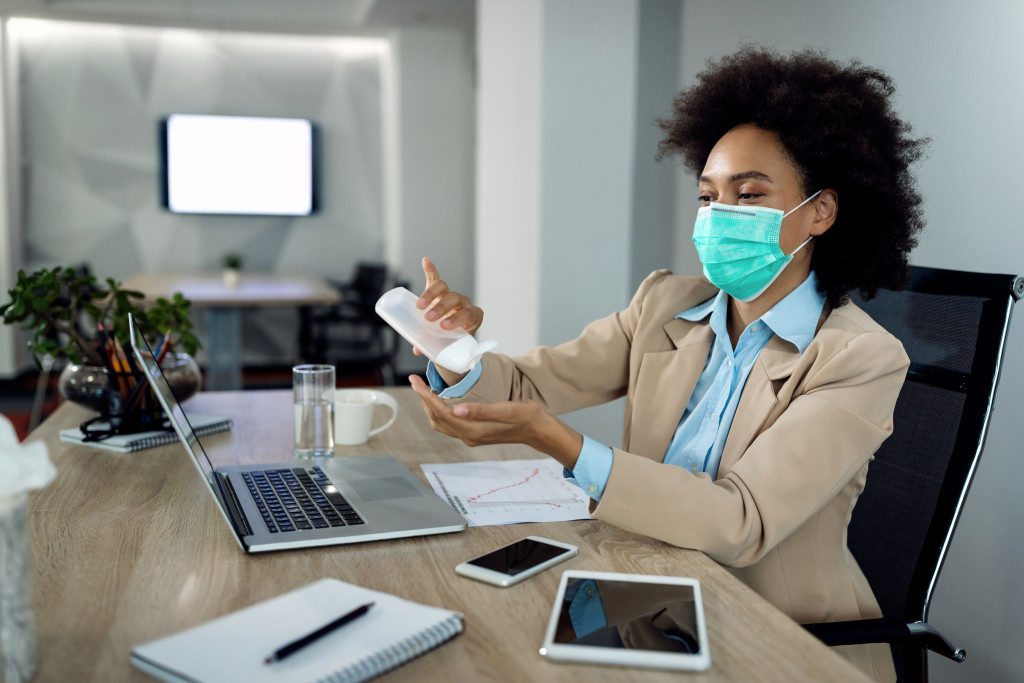- Understanding CPR and basic first aid can make significant differences during emergencies, potentially saving lives.
- Preparing an emergency kit and a communication plan ensures readiness and fosters connection during crises.
- Maintaining calm and following instructions from professionals helps manage panic and enhances safety measures.
- Staying informed about local weather and emergency notifications allows for timely action and better decision-making.
Emergencies can happen anytime, anywhere. Natural disasters, accidents, and health emergencies can strike at any moment- and they can be devastating. Whether you’re at home, work, or out in public, it’s crucial to know how to respond in an emergency. Education for emergencies can make all the difference when it comes to saving lives. This blog will be sharing critical pieces of knowledge you need to know to prepare yourself for any emergency.
Know how to perform CPR.
Cardiopulmonary Resuscitation, or CPR, is a life-saving technique that can help maintain blood flow to vital organs until professional medical care arrives. Anyone can learn how to perform CPR, and many organizations offer courses in CPR certification with hands-on training. Knowing CPR could mean the difference between life and death in an emergency situation.
Have a basic understanding of first aid.
Knowing simple first aid techniques can help you manage injuries and prevent further harm until medical help can arrive. Basic first aid includes understanding how to treat cuts, bruises, burns, and broken bones. Consider taking a first aid training course to learn more about emergency care. This knowledge could be crucial in an emergency situation.
Prepare an emergency kit.

In the event of an emergency, it’s essential to have basic supplies on hand. You can prepare an emergency kit that includes important items such as food, water, medication, and a flashlight. You may also want to include a first aid kit and a spare change of clothes.
Have a communication plan in place.
In an emergency, communication can be challenging. Having a plan in place can help you stay connected with family members or friends and help manage any confusion or chaos. A solid emergency communication plan should outline the following four steps:
Know your emergency contacts.
Knowing who to contact in an emergency is crucial. Make sure to have a list of emergency contacts and keep it in a secure place that can be easily accessed. You should also make sure every family member has a copy of this list.
Have a designated meeting place.
In case of an emergency, it’s essential to have a predetermined meeting place where everyone can gather. This could be your home, workplace, or a nearby park. Having a designated meeting place ensures that all family members are accounted for and can help avoid confusion during an emergency.
Have an out-of-state contact.
During a widespread emergency, local phone lines may not be functioning correctly. Having an out-of-state contact allows you to make long-distance calls and inform them of your well-being and whereabouts. This person can act as a central point of communication for your family during an emergency.
Practice.
Having an emergency communication plan is essential, but it’s equally important to practice it regularly. Conducting drills every few months will help ensure everyone knows what to do in case of an emergency and can identify any flaws in the plan that need to be addressed.
With a solid communication plan in place, you and your family can stay connected and informed during an emergency.
Remain calm and follow instructions.
In an emergency, it’s normal to feel afraid or anxious. However, it’s crucial to try and remain calm and follow instructions from trained professionals. Panicking can lead to poor decision-making and hinder the efforts of emergency responders. Take deep breaths, assess the situation, and follow any evacuation or safety protocols that have been put in place.
Stay informed.

Keeping up-to-date on the latest weather information and emergency notifications can be critical in times of crisis. Consider downloading local emergency apps or registering for emergency alerts in your area. By staying informed, you can take action to protect yourself and your loved ones. You can also familiarize yourself with emergency protocols in your workplace, school, or community. Knowing the proper procedures can help you stay calm and respond effectively during an emergency.
Preparedness is your best ally during any emergency situation. Every small step can make a significant difference, from learning life-saving techniques like CPR and first aid to having a well-thought-out communication plan. It’s about equipping yourself with the knowledge and tools to respond effectively during emergencies. Remember, every second counts in an emergency, and your actions can make a difference. Stay prepared, stay informed, and most importantly, stay safe.



